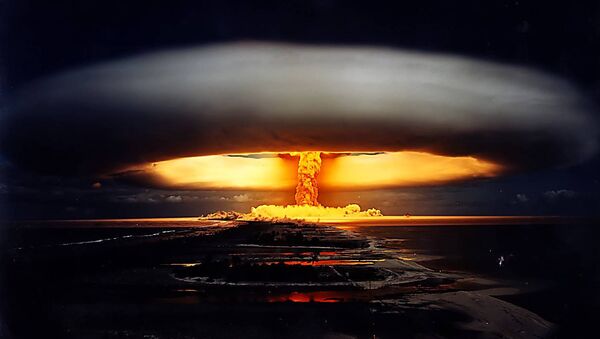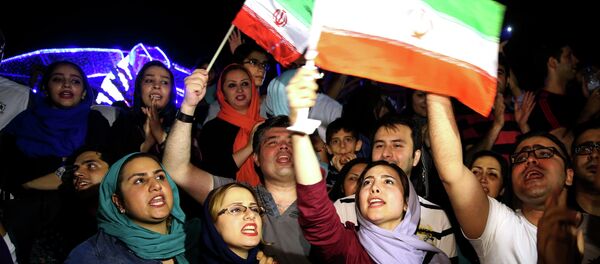"A lot of activities that we had been doing jointly and collaboratively and cooperatively are not taking place," Klotz said of US-Russian work on nuclear nonproliferation.
In a Wednesday speech at the Nuclear Deterrence Summit, Klotz explained that after US relations with Russia took a turn for the worse beginning in 2014, the agency was able to apply a "significant number of carryover balances" to its budget, as a result of decreased activity with Russia.
"With the downturn in bilateral relations between our two countries…the relationship is not one in which this kind of cooperation can continue at the moment," Klotz said of US-Russian collaboration on nuclear nonproliferation issues.
The NNSA, the organization responsible for the safety, security and effectiveness of the US nuclear weapons stockpile, requested a 6.4 percent decrease in funding for nonproliferation activities in 2017, as a result of the lack of cooperation with Russia.
Klotz noted that a number of joint nonproliferation projects have been suspended between the United States and Russia.
In the years following the end of the Cold War, Washington and Moscow cooperated on a range of projects including securing nuclear sites across the former Soviet bloc, reducing levels of highly enriched uranium, and enhancing border security to reduce the threat of nuclear terrorism.
"[It was] largely a decision by the Russian government that now was not a propitious time to continue with many of the activities we were conducting jointly, collaboratively with Russia to reduce nuclear dangers," Klotz claimed.
Russian and US relations deteriorated in 2014 following the reunification of Crimea with Russia, and US accusations that Russia had destabilized Ukraine. Moscow has denied the accusations.
The downturn in the relationship led to the United States cutting off important high level contacts with Russia, including military to military ties. Despite their differences, both countries remain committed to their obligations under the 2011 Strategic Arms Reduction agreement, aimed at reducing the number of deployed nuclear warheads.



